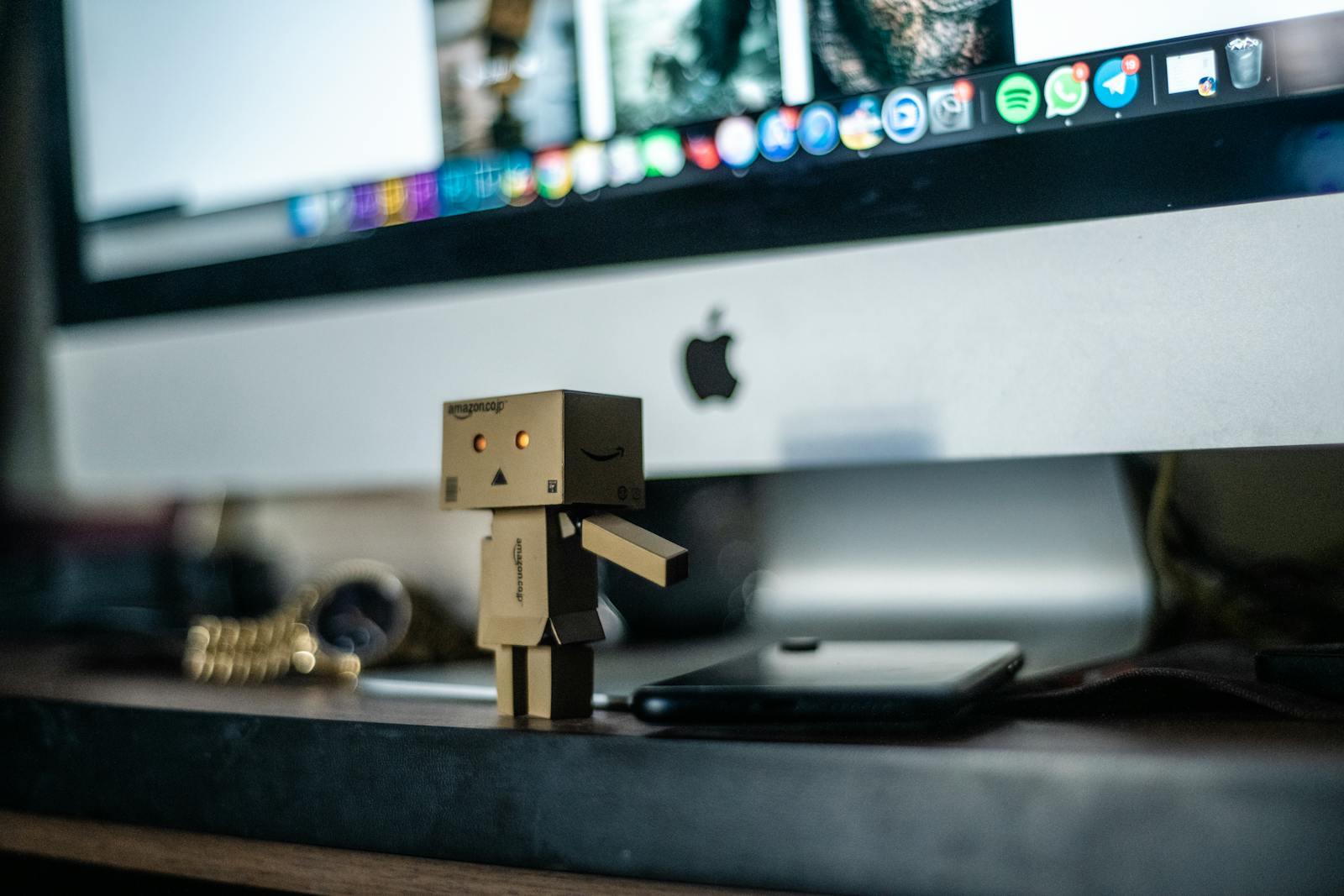Are HR reps being replaced by AI? The future of human resources

The rise of artificial intelligence (AI) is transforming industries across the globe, and human resources (HR) is no exception. With AI-powered tools handling recruitment, employee engagement, and even conflict resolution, many are asking: Are HR reps being replaced by AI?
While AI is reshaping HR functions, it’s unlikely to completely replace human HR professionals. Instead, AI is augmenting their roles, automating repetitive tasks, and allowing HR teams to focus on strategic decision-making and employee well-being. Generative AI development services are playing a crucial role in enhancing AI-powered HR solutions, making them more efficient and adaptive. Here’s a closer look at how AI is changing HR—and why human expertise remains essential.
How AI is transforming HR
1. Automating recruitment & screening
AI-driven applicant tracking systems (ATS) can scan resumes, rank candidates, and even conduct initial interviews using chatbots. This speeds up hiring but still requires human judgment for final decisions.
2. Enhancing employee experience
AI chatbots like Slack’s HR Assistants and Microsoft Viva provide instant responses to employee queries about policies, benefits, and payroll—freeing HR reps for more complex issues.
3. Predictive analytics for retention
AI analyzes employee data to predict turnover risks, allowing HR to proactively address concerns before talent leaves.
4. Bias reduction in hiring
AI can help minimize unconscious bias by anonymizing resumes and using structured interviews, though human oversight ensures fairness.
Why human HR professionals are still essential
Despite AI’s growing role, human judgment, empathy, and ethical decision-making cannot be replicated by machines. Here’s where HR reps remain irreplaceable:
1. Handling complex employee relations
- Conflict resolution: Workplace disputes require emotional intelligence and mediation skills.
- Ethical & legal compliance: HR must navigate sensitive issues like harassment claims and labor laws—areas where AI lacks nuance.
2. Building company culture & engagement
- Human connection: Employees value face-to-face interactions for motivation and trust-building.
- Leadership development: Coaching managers and fostering leadership skills requires human insight.
3. Strategic decision-making
- Business alignment: HR leaders align workforce strategies with company goals—a high-level task beyond AI’s scope.
- Change management: Guiding organizations through mergers, layoffs, or policy shifts demands human adaptability.
The future: AI as a collaborative tool
The biggest misconception about AI in HR is that it will replace human professionals. In reality, AI is not a replacement—it’s a powerful collaborator. By automating repetitive and time-consuming tasks, AI allows HR teams to shift from administrative work to strategic, high-impact initiatives that drive business success. Organizations looking to optimize their HR processes can hire artificial intelligence developers to build tailored AI solutions that enhance efficiency and decision-making.
How AI acts as an HR assistant
Automating routine tasks
- Payroll & benefits administration – AI can process payroll, track leave balances, and answer employee questions about benefits, reducing manual errors.
- Scheduling & onboarding – Chatbots handle interview scheduling, new hire paperwork, and compliance training, speeding up the process.
- Compliance & reporting – AI monitors labor laws and generates real-time reports, ensuring HR stays ahead of regulatory changes.
Enhancing decision-making with data
- Predictive analytics – AI analyzes workforce trends to forecast turnover risks, hiring needs, and skill gaps.
- Bias detection – Algorithms flag potential biases in hiring, promotions, and performance reviews, helping HR ensure fairness.
- Employee sentiment tracking – AI scans internal communications and surveys to detect morale issues before they escalate.
Freeing HR to focus on people, not paperwork
- Strategic workforce planning – With AI handling data crunching, HR leaders can focus on long-term talent strategies.
- Leadership & coaching – Instead of drowning in forms, HR can mentor managers and develop future leaders.
- Culture & engagement – AI identifies engagement trends, while humans design initiatives to boost motivation and retention.
The best of both worlds: Human + AI synergy
- AI’s strengths: Speed, accuracy, 24/7 availability, and data processing.
- HR’s strengths: Emotional intelligence, ethical judgment, creativity, and relationship-building.
The most successful HR teams will leverage AI for efficiency while doubling down on what humans do best—leading, inspiring, and nurturing a thriving workplace culture.
Conclusion: AI enhances HR—but humans lead
AI is revolutionizing HR by automating routine tasks and providing data-driven insights. However, the human element—empathy, ethics, and leadership—remains irreplaceable.
The most successful organizations will leverage AI for efficiency while empowering HR professionals to focus on what truly matters: people.
Final Thought: AI won’t replace HR reps—it will make them more strategic and impactful than ever.
#AIinHR #HRTransformation #FutureOfWork #HumanAndAI #DigitalHR
- Nghệ thuật
- Nguyên nhân
- Thủ công
- Nhảy múa
- Đồ uống
- Phim ảnh
- Tập gym
- Thực Phẩm
- Trò chơi
- Làm vườn
- Sức khỏe
- Trang chủ
- Văn học
- Âm nhạc
- Mạng
- Khác
- Buổi tiệc
- Tôn giáo
- Mua sắm
- Thể thao
- Nhà hát
- Sức khỏe


